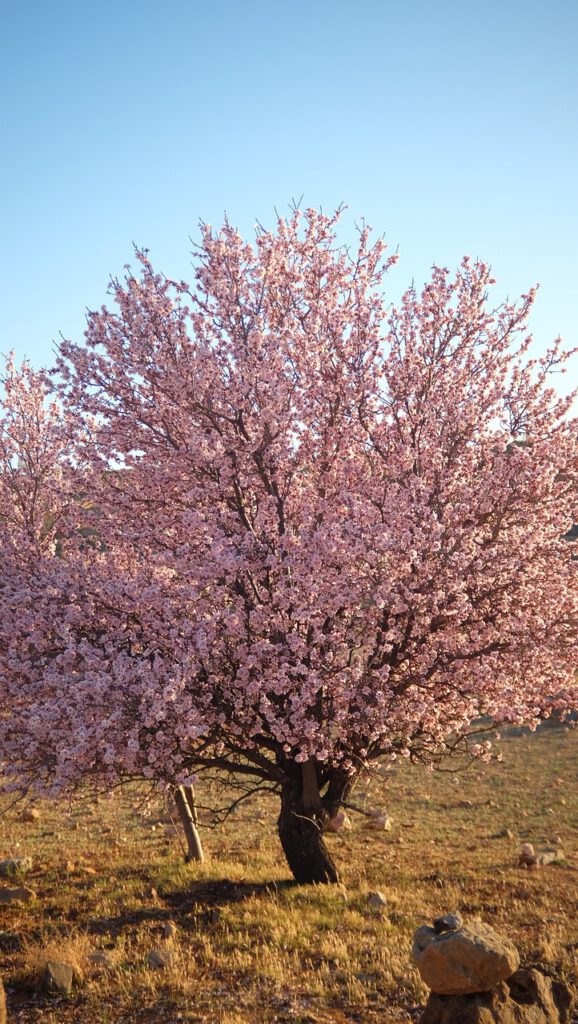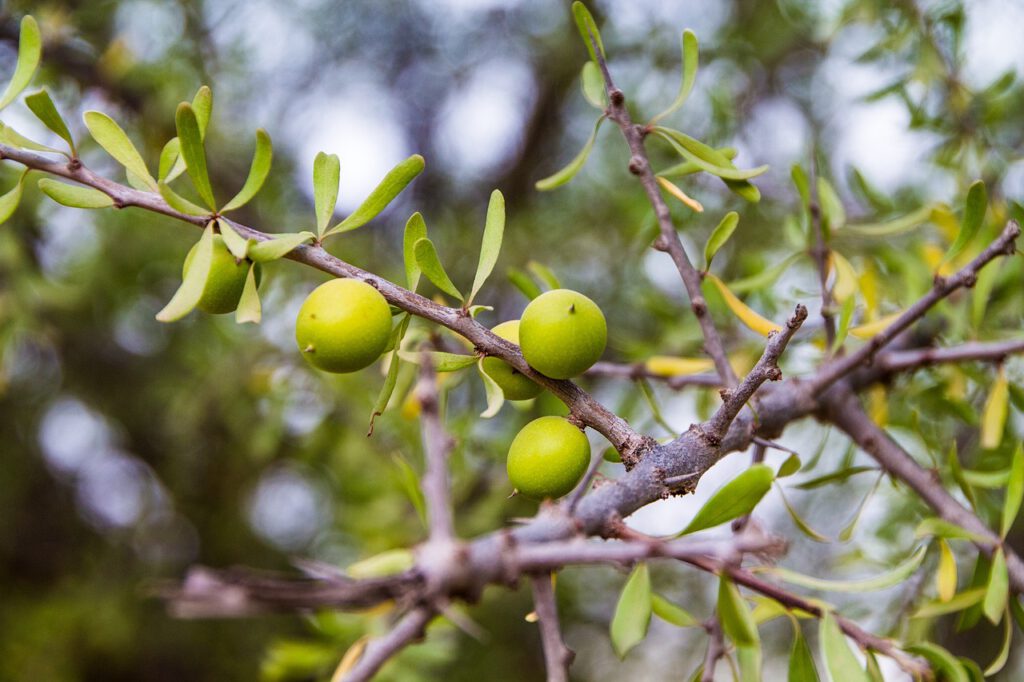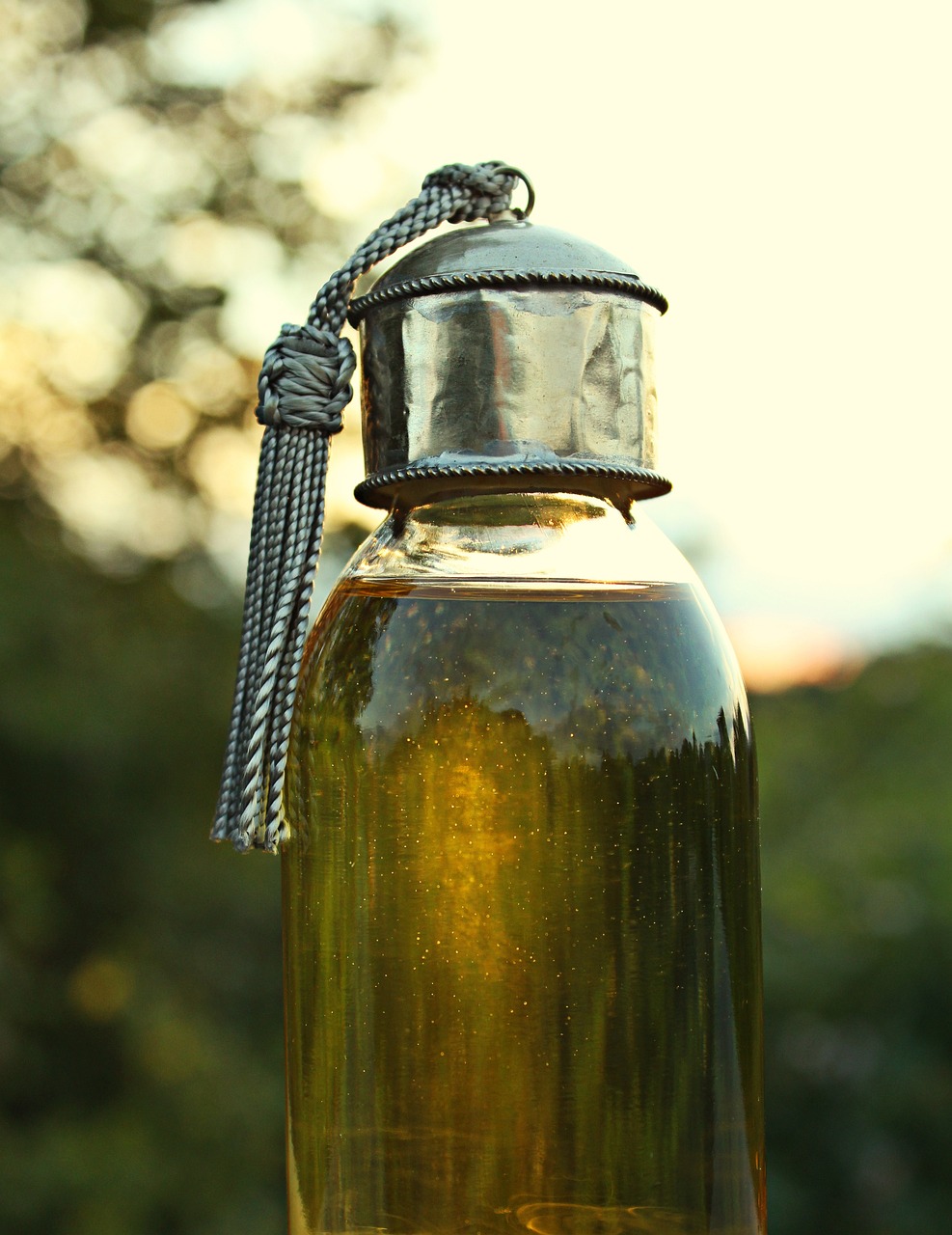A Journey Through Morocco’s Liquid Gold
Introduction
Argan oil, often called „liquid gold,“ is a highly prized natural oil that comes from Morocco. This extraordinary oil is made from the nuts of the Argan tree (Argania spinosa). Known for its numerous health and beauty benefits, Argan oil has become popular worldwide. In this guide, we explore the origins of Argan oil, its cultural significance, and its various uses and benefits.
The Origins of Argan Oil
Argan Oil and Morocco: A Perfect Match
Argan oil is deeply rooted in Moroccan tradition. The Argan tree is native to southwestern Morocco, where it thrives in harsh, arid conditions. The tree’s nuts are harvested, roasted, and then pressed to extract the oil. This traditional process is both labor-intensive and artisanal, ensuring the oil retains its unique properties.
Cultural Importance
For the Berber people of Morocco, Argan oil is more than just a product—it’s a symbol of tradition and community. The production process is often a communal activity, with women working together in cooperatives to create this valuable oil. This tradition supports local economies and preserves cultural heritage.
The Extraction Process: From Tree to Bottle
Harvesting Argan Nuts
Argan oil begins with the harvest of the Argan nuts. These nuts are found inside a fruit that grows on the Argan tree. Traditionally, nuts are collected by hand, though some are harvested with the help of goats, which eat the fruit and later excrete the seeds.
Roasting and Grinding
The harvested nuts are roasted to enhance the oil’s flavor. After roasting, the nuts are ground into a paste using traditional stone mills. The paste is then subjected to pressing to extract the oil. Argan oil comes in two primary varieties: culinary and cosmetic. Culinary Argan oil, derived from roasted nuts, features a rich, nutty taste. In contrast, cosmetic Argan oil, produced from raw nuts, has a lighter color and milder scent. The extraction process involves pressing the paste using a hydraulic press, followed by filtering to ensure purity.

Pressing and Filtering
The oil is obtained by using a hydraulic press to squeeze the paste. The resulting oil is filtered to remove impurities, resulting in a pure, golden oil with a subtle aroma.
Health Benefits of Argan Oil
Nutritional Value
Argan oil is rich in essential fatty acids like oleic and linoleic acids, as well as antioxidants such as vitamin E. These components contribute to its health benefits.
Heart Health
The monounsaturated fats in Argan oil can help reduce bad cholesterol (LDL) and increase good cholesterol (HDL), promoting overall heart health. Its antioxidant properties also support cardiovascular health.
Digestive Health
Argan oil can aid in digestion due to its anti-inflammatory properties. It helps soothe the digestive tract and can be used in cooking or as a salad dressing.
Cosmetic Benefits of Argan Oil
Skin Care
Argan oil is renowned for its skin benefits. It moisturizes and nourishes the skin, making it ideal for dry or sensitive skin types. It quickly absorbs into the skin, leaving it feeling soft and well-moisturized.
- Anti-Aging: The antioxidants in Argan oil help reduce fine lines and wrinkles, improving skin elasticity and promoting a youthful appearance.
- Acne Treatment: Its anti-inflammatory properties can help reduce redness and swelling associated with acne while balancing oil production.
Hair Care
Argan oil is a popular ingredient in hair care products due to its nourishing properties. It can:
- Moisturize and Condition: Apply Argan oil to add moisture and shine to your hair, smoothing frizz and making it more manageable.
- Improve Scalp Health: Massaging Argan oil into your scalp can reduce dryness and itchiness and promote healthy hair growth.
Nail Care
Argan oil helps maintain healthy nails by moisturizing cuticles and strengthening nails to prevent breakage.
How to Use Argan Oil in Your Daily Routine
Culinary Uses
- Salads: Drizzle Argan oil over salads for a nutty flavor.
- Cooking: Use it as a cooking oil or a finishing touch for dishes.
- Dips and Dressings: Add it to dips and dressings for a rich taste.
Beauty Regimen
- Face: Apply a few drops to your face after cleansing to lock in moisture.
- Hair: Use it as a leave-in conditioner or mix it with your regular hair care products.
- Body: Massage into your skin after showering to keep it soft and hydrated.
DIY Beauty Treatments
- Face Masks: Create nourishing face masks by mixing Argan oil with ingredients like honey or yogurt.
- Hair Masks: Combine with avocado or coconut oil for a hydrating hair treatment.
Sustainability and Ethical Considerations
Environmental Impact
Cultivating Argan trees helps combat desertification in Morocco. Sustainable farming practices support the environment and preserve the local ecosystem.

Ethical Sourcing
When buying Argan oil, choose products that are ethically sourced. Look for fair trade certifications and brands that support local communities and sustainable practices.
Conclusion
Argan oil is a remarkable product that offers a wide range of benefits for health, beauty, and cuisine. Its rich cultural heritage and numerous applications make it a valuable addition to any lifestyle. By using Argan oil, you support both your well-being and the environment, all while embracing a tradition that has been cherished for centuries. Whether you’re adding it to your diet, incorporating it into your beauty routine, or enjoying its nourishing effects on your hair, Argan oil truly lives up to its reputation as Morocco’s liquid gold.

